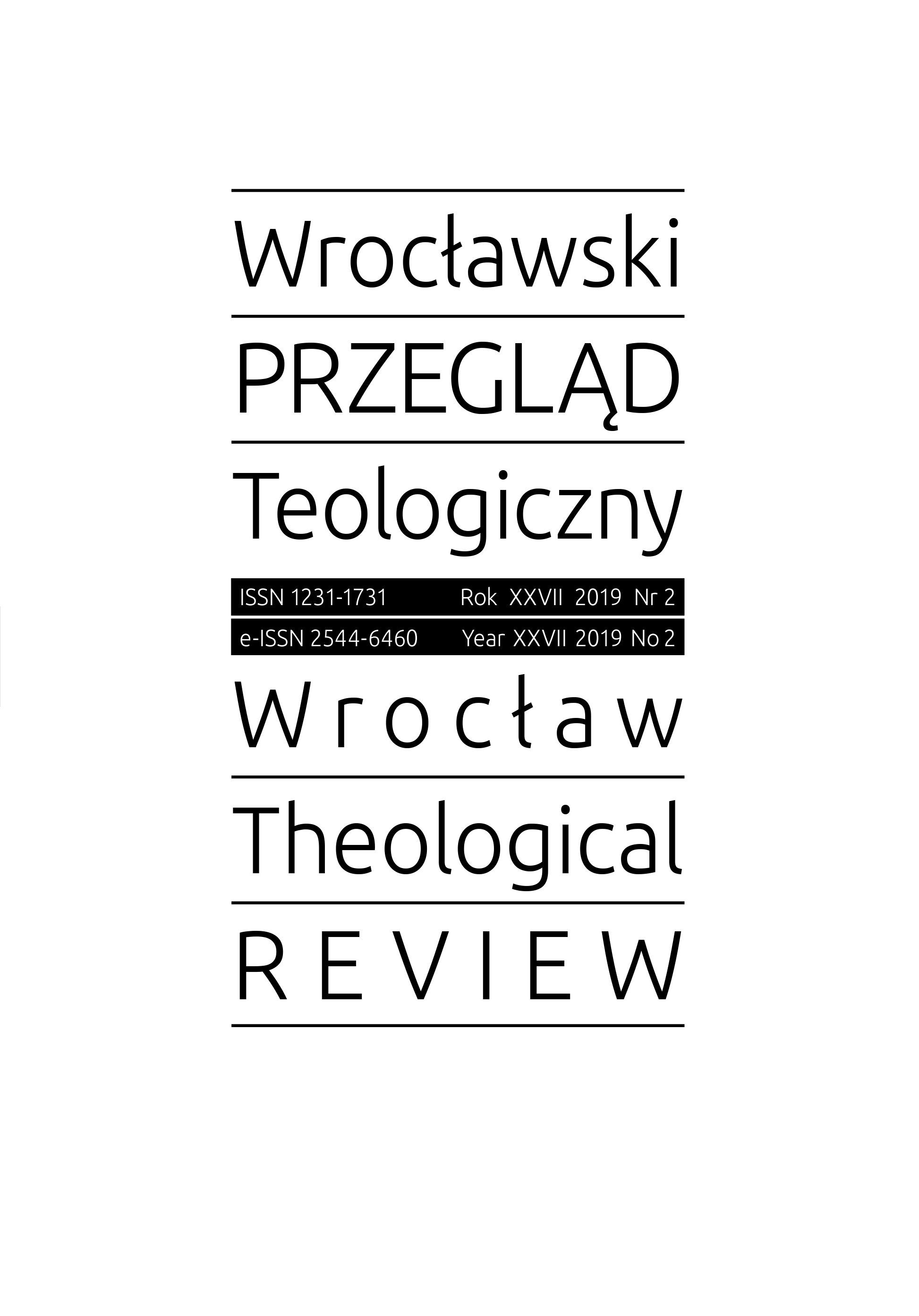Fenomenologia a filozofia chrześcijańska: Trzy przemiany Edith Stein
Phenomenology and Christian Philosophy: Edith Stein’s Three Turns
Author(s): Joyce Avrech BerkmanSubject(s): Christian Theology and Religion, Philosophical Traditions, Theology and Religion, Philosophy of Religion, Systematic Theology, Phenomenology
Published by: Papieski Wydział Teologiczny
Keywords: Carmelites; Catholic; Christian philosophy; empathy; Husserl; Ingarden; phenomenology; Scheler; Stein; theology;
Summary/Abstract: This essay examines Edith Stein’s three phases of religious development in the context of the debate during the 1920s and 30s over the relationship between religion and philosophy. This debate focused on the question of whether a Christian philosophy was an oxymoron. Stein, after her conversion to Roman Catholicism in 1922, identified herself as a Christian Philosopher. She thought that Christianity and Philosophy were reciprocal partners, not antagonists, in the search for fundamental truths of life and death. Stein’s three turns, which this essay explores historically and biographically, feature her decision to apply phenomenological philosophical methods and insights to the realm of religion, her move to a Christian perspective and finally her choice of Catholicism as her belief system.
Journal: Wrocławski Przegląd Teologiczny
- Issue Year: 27/2019
- Issue No: 2
- Page Range: 201-224
- Page Count: 24
- Language: English

